Impacts of Corruption, Access to Finance, Productivity in 27 Transition Economies, was one of over 50 advanced research posters with abstract presentations at Fusion Building, Bournemouth University Conference on 29 November 2023, Fernbarrow, Bournemouth Poole Dorset UK.
The author is now honoured that this poster with abstract appears internationally on research gate within the works of leading international professor on successes and failures of transition economics, featured in the research lab of her AFE Advisor, Director, Professor Dr Jens Hölscher (he has over 142 multi-media articles listed) and on the author’s own research gate pages.
Jens Hölscher’s lab | Bournemouth University (BU) (researchgate.net)
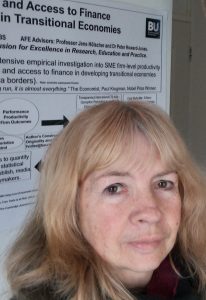
The poster exhibition was then followed by the conference keynote talk (by expert, Dr Gelareh Roushan, Head Of Centre for FLIE and Associate Professor at Bournemouth University) discussing the profound implications of ‘GEN AI and ChatGPT opportunities and realities for research.’
The debates and ethical considerations on Gen AI seem to be rising with differing viewpoints and experiences, some conceding at the BU conference that the simplicity and accessibility of Gen AI and ChatGPT, means it is rapidly growing at speed, likely to be found in everyday use amongst a number of researchers and general public to make quick connections, speeding up workload processes and saving time, as hinted at during the fastmoving fascinating compelling keynote lecture speech at Bournemouth University. The lecture theatre was at full capacity, with over a hundred attendees. We are all sure that we will hear more on the impact of Gen AI from Dr Gelareh Roushan, Bournemouth University.
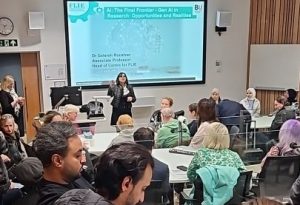
Head of Centre for FLIE – Dr Gelareh Roushan – Key note conference lecture – Gen AI
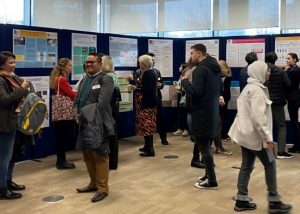
BU Poster exhibition (right side top 3rd position near centre poster – black and white – and author busy early on in engagement fair golden hair).
The emerging pivotal role of Eastern Europe with corruption, access to finance, productivity matters within the greater context of Western Europe, US and world.
The poster author, Fiona Vidler, her ‘personal research experience as a non-expert’ viewpoint on AI is that she had completed writing and reviewing research pages to date on over 350 academic worldwide references without AI, before AI fully emerged in news headlines in 2023, where some specific papers relevant to Eastern Europe were not even sourced in automatic electronic media searches let alone AI – a rationale for advancing knowledge to fill gaps. So, she feels personally ‘authentic’ in that she has avoided the debated emerging conscious or subconscious AI biases, influences, searches on internet, academic limitations, ethical, percentage of AI inaccuracies or ‘virtual seeming truths’ within the current implications of AI. In future, she feels now from a researcher, writer and publisher viewpoint, that there is the need to considerations of responsible use of AI, otherwise objective research beyond perceptions with meaningful research design (a theme of her own research) and virtual subjective perceptions of reality could blur.
Note from Fiona Vidler MBA MSc MLIBF Business School Bournemouth University:

All exhibitors, presenters and ticket holders internal/external/public attendees ticked boxes before admission, giving permission for any photographs to be circulated externally for responsible promotional marketing – with ‘whole’ conference room scenes credited copyright photos to the Doctoral College Conference Team, Bournemouth University December 2023.


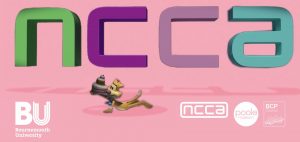











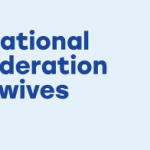 Further CMWH contributions to 2026 ICM congress
Further CMWH contributions to 2026 ICM congress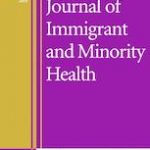 New PhD publication on Nepal’s migrant workers
New PhD publication on Nepal’s migrant workers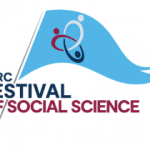 Six BU contributions 2025 Festival of Social Sciences
Six BU contributions 2025 Festival of Social Sciences ECR Funding Open Call: Research Culture & Community Grant – Apply Now
ECR Funding Open Call: Research Culture & Community Grant – Apply Now MSCA Postdoctoral Fellowships 2025 Call
MSCA Postdoctoral Fellowships 2025 Call ERC Advanced Grant 2025 Webinar
ERC Advanced Grant 2025 Webinar Horizon Europe Work Programme 2025 Published
Horizon Europe Work Programme 2025 Published Horizon Europe 2025 Work Programme pre-Published
Horizon Europe 2025 Work Programme pre-Published Update on UKRO services
Update on UKRO services European research project exploring use of ‘virtual twins’ to better manage metabolic associated fatty liver disease
European research project exploring use of ‘virtual twins’ to better manage metabolic associated fatty liver disease